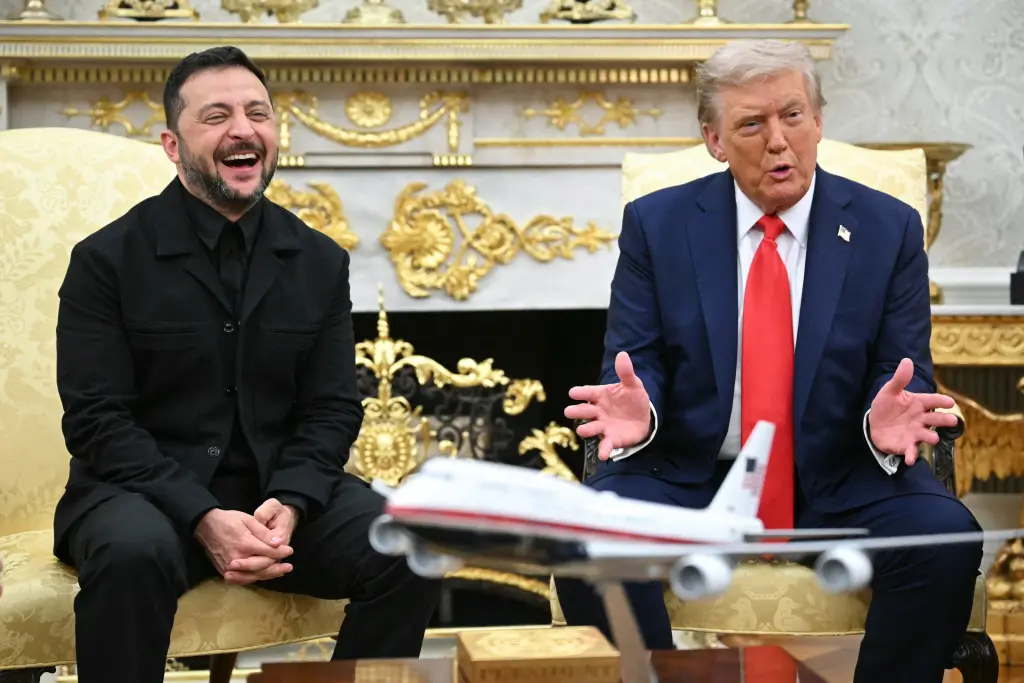The United States and Ukraine have announced meaningful progress in negotiations over a proposed peace plan aimed at ending the ongoing Russia-Ukraine war. Following high-level talks in Geneva, both countries released a joint statement saying the discussions had been “highly productive,” with negotiators agreeing on an “updated and refined peace framework” that will undergo further intensive work in the coming days.
US Secretary of State Marco Rubio said the teams made a “tremendous amount of progress” in narrowing differences within the 28-point US blueprint, which has leaked widely in recent days. While Russia has cautiously welcomed the concept, the plan continues to face resistance from Kyiv and several European leaders who argue it concedes too much to Moscow.
Rubio noted that several “open items” were significantly narrowed, but emphasized that any final deal would ultimately need approval from both the US and Ukrainian presidents before being presented to Russia. “There is still some work to be done,” he told reporters, though he expressed strong optimism about reaching an agreement soon.
The positive tone from Geneva contrasted sharply with comments earlier on Sunday from President Donald Trump, who criticized Ukraine’s leadership for showing “zero gratitude” toward US efforts to end the conflict. Trump also scrutinized European allies for continuing to purchase Russian oil, a key source of funding for Moscow’s war effort.
Leaked elements of the US proposal have stirred controversy, including provisions that would see Ukraine withdraw troops from parts of eastern Donetsk it currently holds and accept international recognition of Russian control over Donetsk, Luhansk, and Crimea. The plan also proposes freezing current front lines in Kherson and Zaporizhzhia, capping Ukraine’s military at 600,000 personnel, and ruling out NATO membership in exchange for unspecified “reliable security guarantees.”
The draft further suggests lifting sanctions on Russia and reintegrating it into the G7, effectively returning the group to the G8.
Despite the backlash, Rubio said he remains “very optimistic” about a near-term breakthrough, even as European allies reportedly circulate an alternative peace plan claims the State Department has denied.

